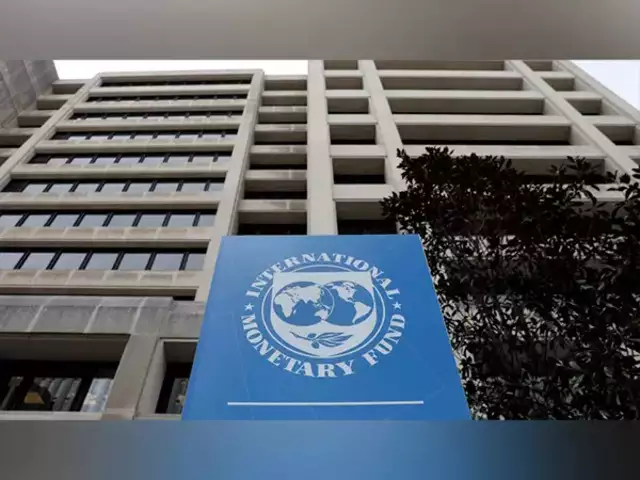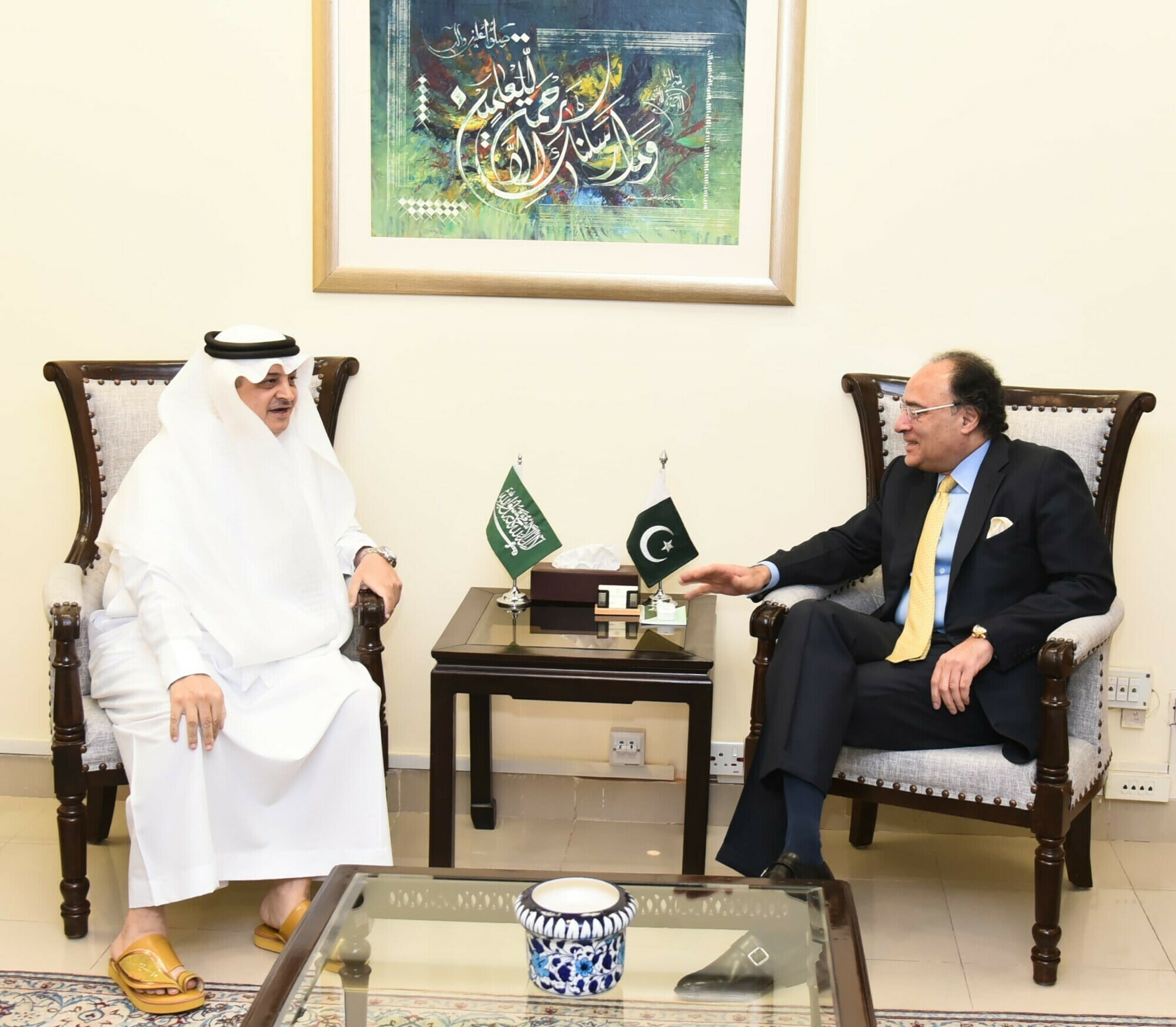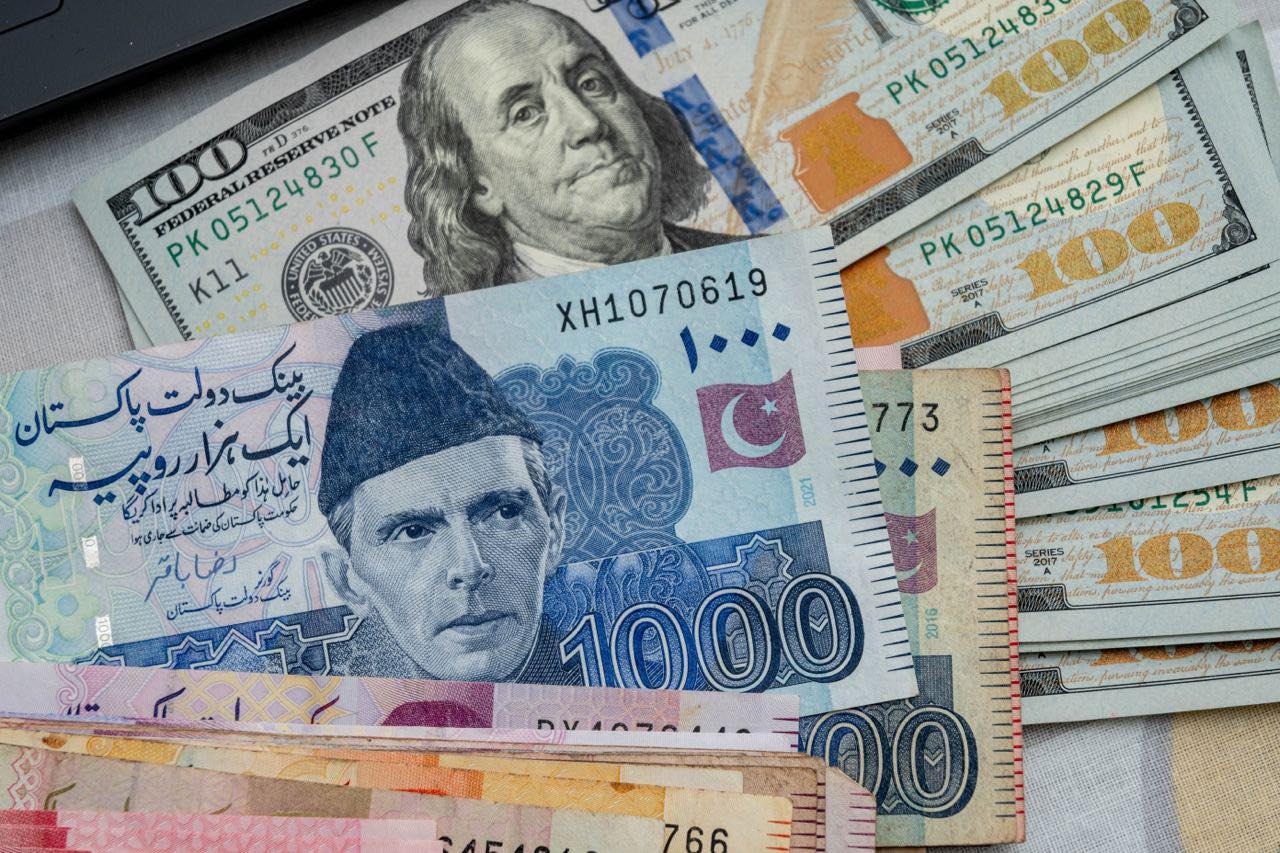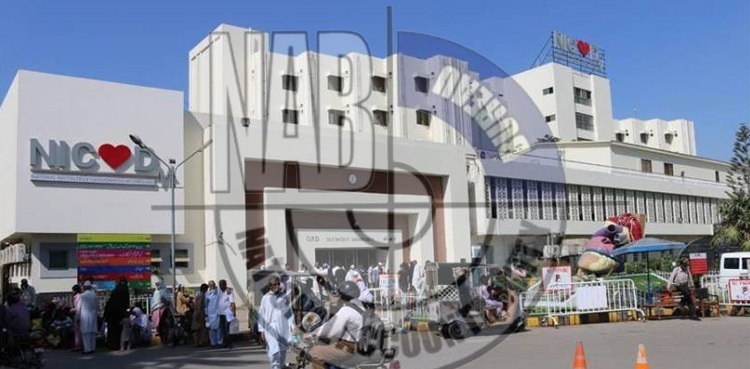PTBP Web Desk
The International Monetary Fund (IMF) and the Government of Pakistan have made substantial progress in their negotiations for the second review of the 37-month Extended Fund Facility (EFF) and the first review of the 28-month Resilience and Sustainability Facility (RSF). Both sides are optimistic about reaching a staff-level agreement (SLA) soon, though discussions will continue in the coming days to iron out remaining policy differences.
These negotiations are crucial for Pakistan’s economic stability, as they directly influence the release of the next tranche of IMF funding—vital for strengthening the country’s foreign exchange reserves, maintaining fiscal discipline, and sustaining ongoing economic reforms.
In an official announcement issued on Thursday, the IMF confirmed that a team led by Iva Petrova held extensive discussions with Pakistani authorities in Karachi and Islamabad from September 24 to October 8, 2025. The talks covered multiple aspects of the EFF and RSF programmes, focusing on fiscal consolidation, monetary policy, and structural reforms.
Petrova stated that both sides had made “significant progress” toward finalizing the staff-level agreement. She emphasized that Pakistan’s programme implementation remains strong and closely aligned with the authorities’ commitments under the IMF-supported initiatives.
According to Petrova, one of the major areas of progress was in sustaining fiscal consolidation—a key priority for strengthening public finances while ensuring adequate support for flood recovery. The IMF acknowledged Pakistan’s efforts to maintain fiscal discipline amid challenges such as global inflation, energy price volatility, and natural disasters.
The discussions also focused on inflation control, with the IMF urging the State Bank of Pakistan (SBP) to continue implementing a tight, data-dependent monetary policy. This approach aims to ensure that inflation remains within the SBP’s target range, promoting price stability and investor confidence.
Another major agenda item during the discussions was the restoration of the energy sector’s viability. The IMF highlighted the need for regular tariff adjustments and cost-reducing reforms to curb circular debt and improve the efficiency of state-owned enterprises (SOEs).
Petrova stressed that structural reforms remain central to Pakistan’s economic transformation. These include reducing the state’s footprint in the economy, improving governance and transparency, fostering a competitive business environment, and liberalizing commodity markets.
Such reforms are expected to attract foreign investment, boost export competitiveness, and create a more sustainable foundation for economic growth.
In addition to fiscal and structural reforms, the IMF and Pakistan discussed the Resilience and Sustainability Facility (RSF), designed to enhance climate resilience and sustainable development.
Petrova mentioned that productive discussions were held on the government’s reform agenda under the RSF, emphasizing Pakistan’s commitment to climate adaptation and green transition policies. The RSF aims to support measures such as flood protection infrastructure, renewable energy investments, and climate-resilient agriculture—key priorities after the devastating floods that hit the country in recent years.
While significant progress has been made, a few policy gaps remain unresolved. Both the IMF and Pakistani authorities will continue to engage in policy discussions to finalize the details required for the staff-level agreement.
Petrova extended the IMF’s sympathies to those affected by the recent floods and expressed gratitude to the Pakistani authorities, private sector, and development partners for their cooperation and hospitality throughout the mission.
The IMF’s upcoming review report is expected to provide clarity on the timeline for Pakistan’s next tranche release, which will depend on the completion of agreed policy reforms.
Securing the next IMF tranche under the EFF and RSF is critical for Pakistan. The country continues to face external financing challenges, high inflation rates, and mounting debt obligations. A successful SLA would boost market confidence, stabilize the Pakistani rupee, and attract foreign investment.
Experts believe that the IMF’s backing will also encourage other multilateral lenders and friendly countries to extend financial support, strengthening Pakistan’s foreign exchange reserves and macroeconomic stability.




